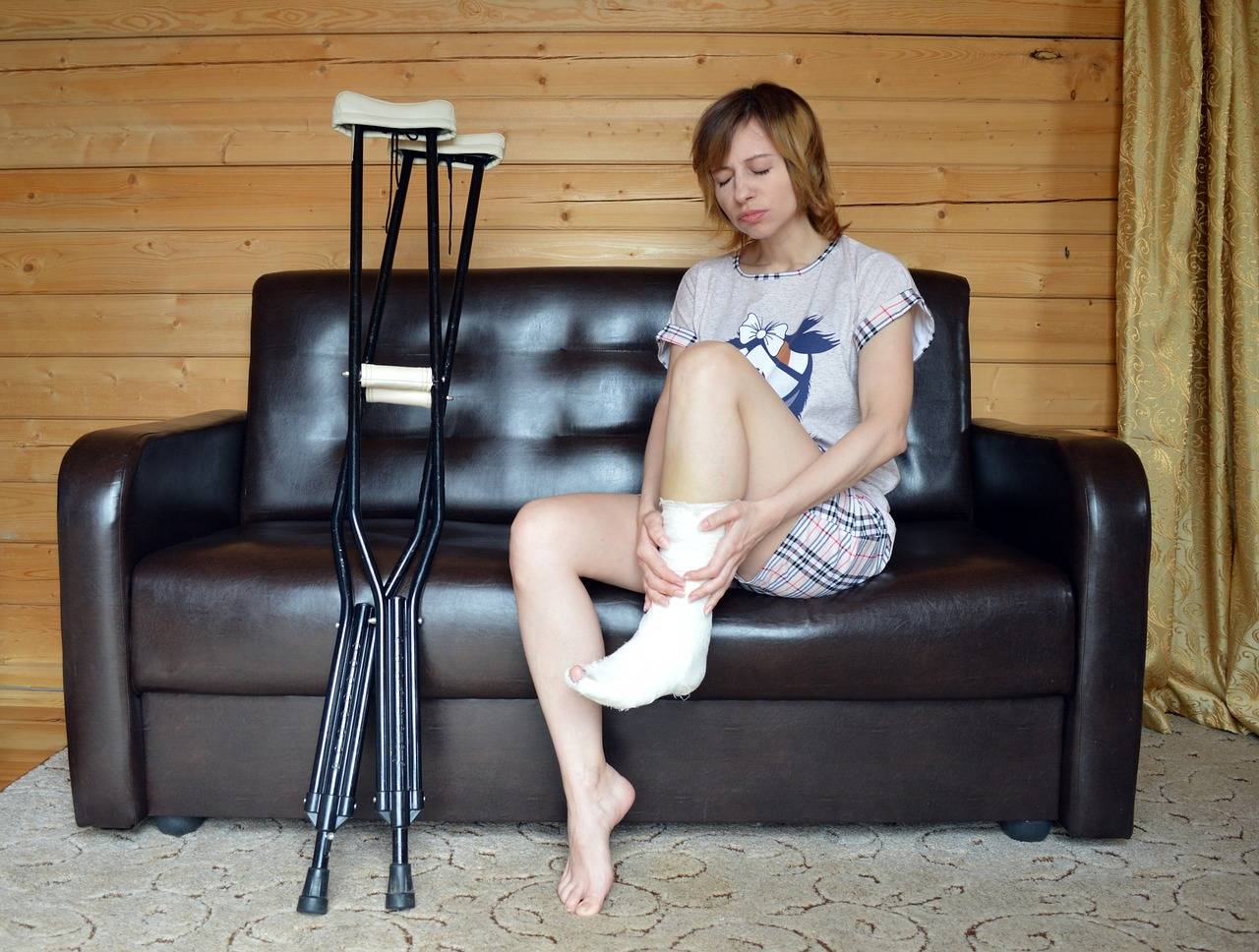Simulation-Based Training: Enhancing Clinical Skills in Healthcare
99exch, laser247 club, world777 contact number: Simulation-Based Training: Enhancing Clinical Skills in Healthcare
In the fast-paced world of healthcare, the ability to provide high-quality patient care is of utmost importance. Healthcare professionals must possess a wide range of clinical skills to diagnose and treat patients effectively. However, acquiring and honing these skills can be challenging, especially with the ever-evolving landscape of medicine and technology.
Simulation-based training has emerged as a valuable tool in enhancing clinical skills among healthcare professionals. By providing a realistic, hands-on learning experience, simulation-based training allows individuals to practice and refine their clinical skills in a safe and controlled environment. In this article, we will explore the benefits of simulation-based training in healthcare and how it can help improve patient care outcomes.
The Benefits of Simulation-Based Training
1. Realistic Learning Environment: One of the key advantages of simulation-based training is its ability to recreate real-life scenarios in a controlled setting. Healthcare professionals can practice a wide range of clinical skills, from performing medical procedures to responding to emergencies, without putting patients at risk.
2. Hands-On Experience: Simulation-based training allows individuals to gain hands-on experience that they may not have had the opportunity to acquire otherwise. By actively participating in simulations, healthcare professionals can improve their dexterity, decision-making skills, and confidence in performing various clinical tasks.
3. Immediate Feedback: During simulation scenarios, trainers can provide immediate feedback to participants on their performance. This real-time feedback allows individuals to identify areas for improvement and make adjustments to their clinical skills accordingly.
4. Team Collaboration: Healthcare is a team-based field, and effective communication and collaboration are essential for delivering high-quality patient care. Simulation-based training provides an opportunity for healthcare professionals to practice working together as a team, improving coordination and communication skills.
5. Risk-Free Environment: Mistakes are a natural part of the learning process, but in healthcare, errors can have serious consequences. Simulation-based training offers a safe and controlled environment for healthcare professionals to make mistakes, learn from them, and improve their clinical skills without risking patient safety.
6. Continuous Learning: Medicine is constantly evolving, with new technologies and treatment protocols emerging regularly. Simulation-based training allows healthcare professionals to stay up-to-date with the latest advancements in healthcare and continuously improve their clinical skills throughout their careers.
Applications of Simulation-Based Training in Healthcare
1. Medical Procedures: Simulation-based training is commonly used to practice and improve medical procedures, such as inserting IV lines, performing intubations, and conducting surgical interventions. By simulating these procedures, healthcare professionals can enhance their technical skills and confidence in performing them on actual patients.
2. Emergency Response: Responding to medical emergencies requires quick thinking, effective communication, and precise actions. Simulation-based training enables healthcare professionals to practice emergency scenarios, such as cardiac arrests or trauma cases, in a realistic setting, preparing them to handle such situations with competence and poise.
3. Communication Skills: Effective communication is crucial in healthcare, whether it’s conveying information to patients, collaborating with colleagues, or discussing treatment plans with families. Simulation-based training can help healthcare professionals improve their communication skills through role-playing scenarios and interactive exercises.
4. Patient Safety: Patient safety is a top priority in healthcare, and simulation-based training plays a vital role in reducing medical errors and improving patient outcomes. By practicing patient care protocols and procedures in simulations, healthcare professionals can identify and address potential safety risks before they occur in a clinical setting.
5. Interprofessional Education: In healthcare, different disciplines often work together to provide comprehensive patient care. Simulation-based training offers an opportunity for interprofessional education, allowing healthcare professionals from various backgrounds to collaborate, learn from each other, and improve teamwork skills.
6. Skill Assessment: Simulation-based training can also be used for assessing healthcare professionals’ clinical skills and competency levels. By conducting simulations with standardized assessment tools, trainers can evaluate individuals’ performance, provide constructive feedback, and track their progress over time.
FAQs
1. How is simulation-based training different from traditional training methods?
Simulation-based training differs from traditional methods by providing a hands-on, interactive learning experience that closely simulates real-life scenarios. It allows healthcare professionals to practice clinical skills in a safe environment, receive immediate feedback, and improve their performance through repeated practice.
2. What kind of technology is used in simulation-based training?
Simulation-based training utilizes a variety of technologies, including high-fidelity manikins, virtual reality simulators, and computer-based simulations. These technologies help recreate realistic scenarios, provide feedback on participants’ performance, and enhance the overall learning experience.
3. How can healthcare organizations implement simulation-based training?
Healthcare organizations can implement simulation-based training by investing in simulation equipment, designing realistic scenarios, training faculty members to facilitate simulations, and integrating simulation training into existing educational programs. Collaboration with simulation experts and ongoing evaluation of training outcomes are essential for successful implementation.
4. What are the challenges associated with simulation-based training?
Challenges of simulation-based training include the high costs of simulation equipment, the time and resources required for scenario development, and the need for ongoing faculty training and support. Additionally, ensuring the validity and reliability of simulation assessments and maintaining simulation equipment can pose logistical challenges for healthcare organizations.
5. How can healthcare professionals benefit from simulation-based training?
Healthcare professionals can benefit from simulation-based training by improving their clinical skills, enhancing patient safety, increasing confidence in performing medical procedures, and developing effective communication and teamwork skills. Simulation-based training offers a valuable opportunity for continuous learning and professional development in the ever-changing field of healthcare.
Conclusion
Simulation-based training is a powerful tool for enhancing clinical skills in healthcare. By providing a realistic learning environment, hands-on experience, and immediate feedback, simulation-based training enables healthcare professionals to improve their technical skills, communication abilities, and teamwork dynamics. With applications in medical procedures, emergency response, patient safety, and interprofessional education, simulation-based training plays a vital role in preparing healthcare professionals to deliver high-quality patient care. As healthcare continues to evolve, simulation-based training offers a valuable opportunity for continuous learning, skill development, and professional growth in the field.







